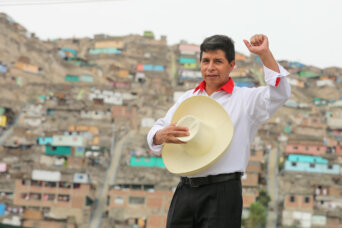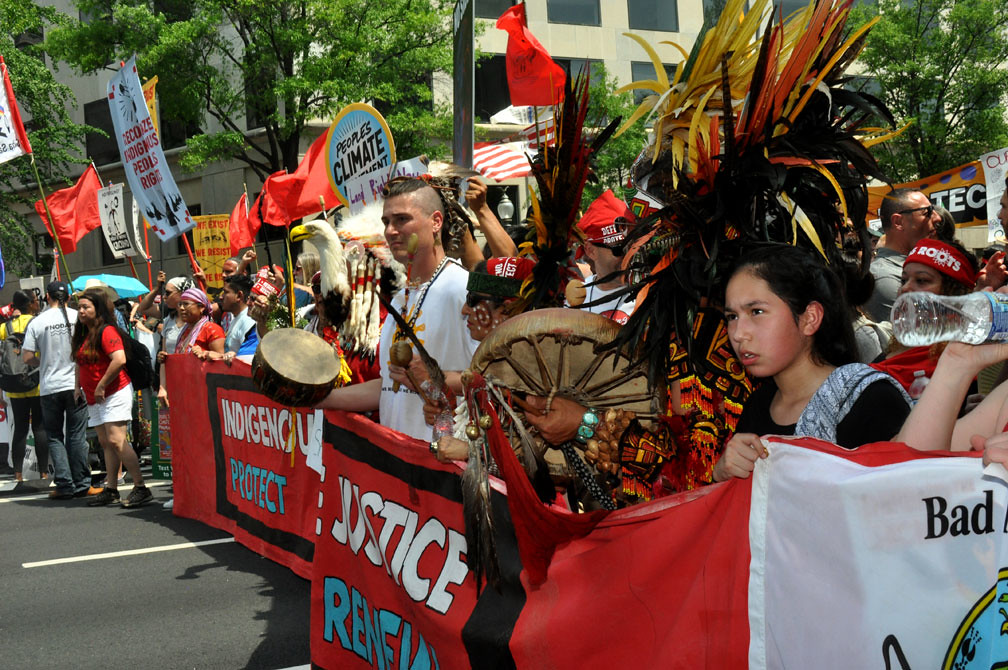- About
- Topics
- Picks
- Audio
- Story
- In-Depth
- Opinion
- News
- Donate
- Signup for our newsletterOur Editors' Best Picks.Send
Read, Debate: Engage.
| topic: | Election |
|---|---|
| located: | Peru |
| editor: | Ellen Nemitz |
Six months ago, FairPlanet called the future of Peru uncertain. At the time, the impeachment of then President Martín Vizcarra and the announcement of Manuel Merino as interim president sparked a social revolution. The elections, which were then pointed out to as the only way to restore democracy, finished last Sunday, 6 June, and revealed a country still divided and uncertain about its political direction.
The dispute between Pedro Castillo, a leftist candidate representing rural areas of the country, and Keiko Fujimori, the neoliberal daughter of former autocrat Alberto Fujimori, was tight. Close to the complete count (more than 97 percent of ballots were processed), Castillo seems to be the most likely winner, since he has 50.2 percent of the vote.
The margin is still extremely narrow, but his victory is being considered certain at this time (Fujimori is alleging fraud, which is not confirmed by any official international institution accompanying the process, such as the Organization of American States).
Right before election day, many outlets have extensively covered the profiles and campaigns of the two final runners.
Pedro Castillo, who represents the Perú Libre party, was dubbed by El Pais “the barefoot candidate,” in an article that revisited his life in a poor community and the path as a teacher and union leader. Highlighting that Fujimori, from the Fuerza Popular party, was born in a rich area of the capital Lima, journalist Juan Diego Quesada describes her attempts to keep the family’s history in the past and ask for forgiveness for her father’s crimes against humanity.
While Castillo’s candidacy is based on fighting poverty, revising some monetary policies and amending portions of the constitution, the success of the right-wing candidate relies on a deep-rooted fear of a supposed communist threat - an objective denied by her opponent.
An analysis by The Guardian, however, shows that even the left-wing candidate may not be keen to advance a liberal social agenda. According to the newspaper, Castillo "opposes sex education, legal abortion and same-sex marriage, and says LGBTQ+ rights 'are not a priority'.”
Even if she loses, Fujimori’s solid performance may corroborate a trend of right-wing parties’ ascension in Latin America, despite the tight margins. Such is the case in Ecuador, where the people have recently elected the conservative Guillermo Lasso. Lasso was sworn in last month to lead a country afflicted by several problems, including threats to indigenous people’s rights and environmental challenges.
In 2020, Uruguay saw Luis Lacalle Pou elected as the new president, ending a 15-year era of the left-wing coalition Frente Amplio. Brazil, too, had a similar trajectory (albeit more devious due to an impeachment process in 2016), as its leadership switched from the left-wing Workers Party to far-right President Jair Bolsonaro in 2018.
While the recent elections in Peru and Ecuador were democratic and free, there are still many socio-economic, political and environmental challenges to overcome. Regardless of whether right or left-wing leaders assume power, fostering solidarity and social involvement - by both people and institutions - may be the key to establishing societies that take care of their people.
Image: Braian Reyna Guerrero.

